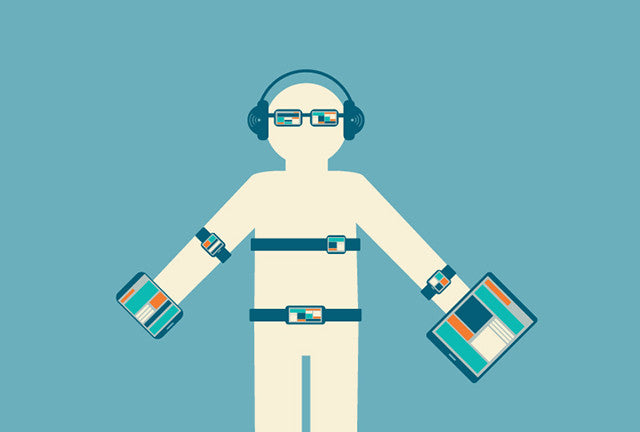
Wearable ‘tech' to track our daily fitness activities is all the rage at the minute and with the advancement of technology it is likely that this craze will continue.
Fitness trackers are motivating the general public to become more conscientious of their daily, weekly and monthly activity - this is a good thing.
Rather frighteningly, obesity costs the National Health Service over £4 billion a year and is the cause of around 8% of deaths in Europe (that is roughly every 1 in 13). This isfigure is set to rise! It does not take an economist to work out that thisis simply not sustainable over a continuous period of time.
Something has to give and this is where Fitness Trackers are starting to come into their own.
I have purchased one myself and although I like to think I am relatively fit, healthy and motivated, I have found it pushes me that little bit further even on a rest day.
The basis of these trackers is based on the calculation of ‘steps' taken throughout the day. The general rule of thumb being that roughly 10000 steps per day will be enough to maintain a relatively healthy lifestyle. However, there are many more benefits aside simply counting steps, for example:
- Your sleep patterns are monitored
- Workout tracking
- Water intake
- Weight loss motivation
- Tracking friends performances.
- Ease of access
These are just some of the many benefits that of Fitness Trackers. In a social and technological age the ability to track easily through your one chosen device is important for ease of use.
Alone, a fitness tracker is a novelty, great for the first month and like getting a gym membership in January. Maintaining it, however, often falls by the wayside and often only gets continuous use from those who are already self-motivated.
Yet, the element of competition among friends is key to this concept.Being able to constantly see where your friends are, has been a huge boost in bringing out my competitive side and could be the key to motivating a selection of people who might otherwise struggle to overcome the first hurdle when it comes to weight loss.
As far as evidence goes with regards to data actually proving that fitness trackers are having a positive effect, unfortunately little is evident.
There have been many attempts to get people moving via technology. When Nintendo brought out the Wii console it was deemed as the future of gaming and a way to get people active almost without even realising it. Although relatively successful it has since become more of a novelty.
Put simply, regular exercise comes down to the same traits. A desire to achieve and the creation of a continuous habit. A Fitness Tracker may aide you in that quest but to really make it work you need more than data telling you how many steps you have done.
There is no substitute for a willingness to succeed.
